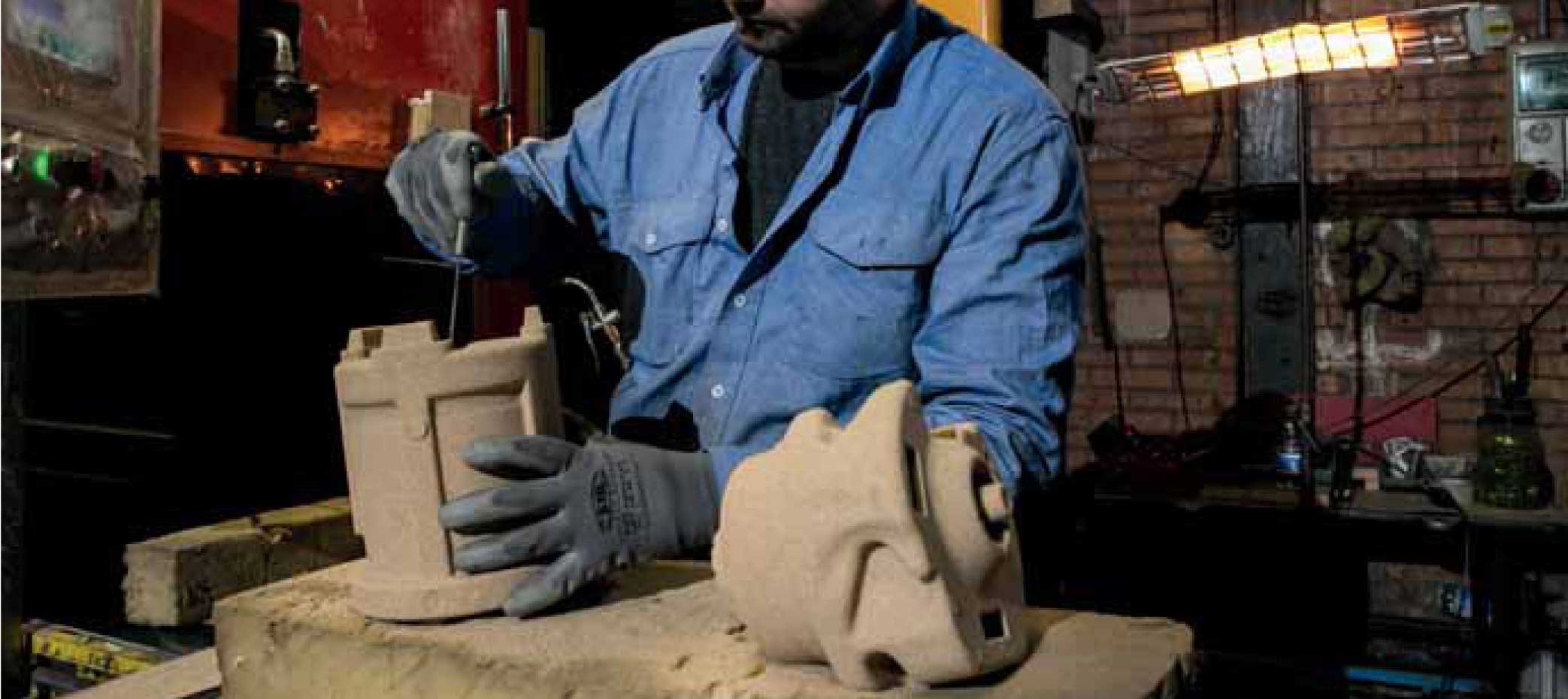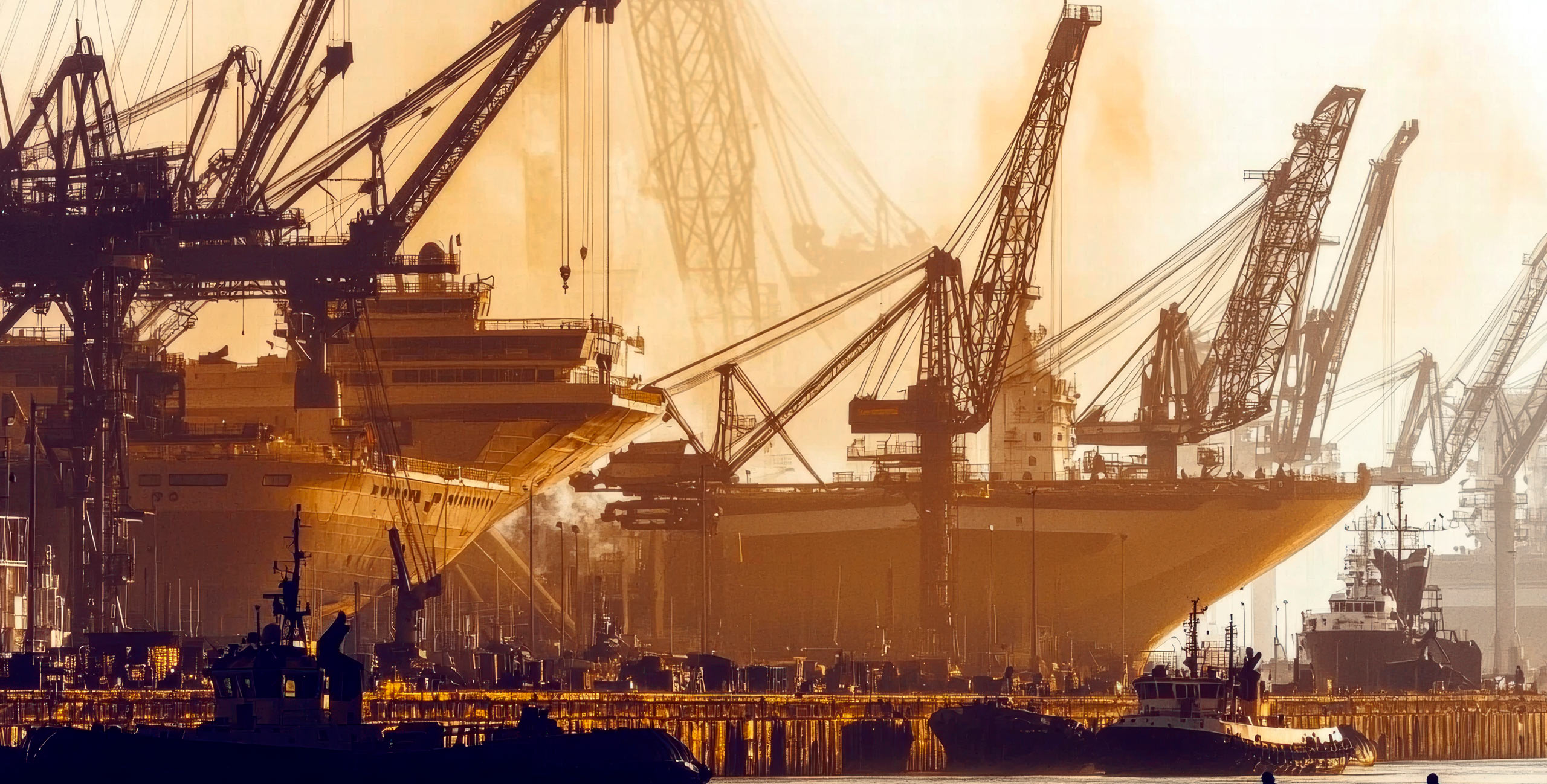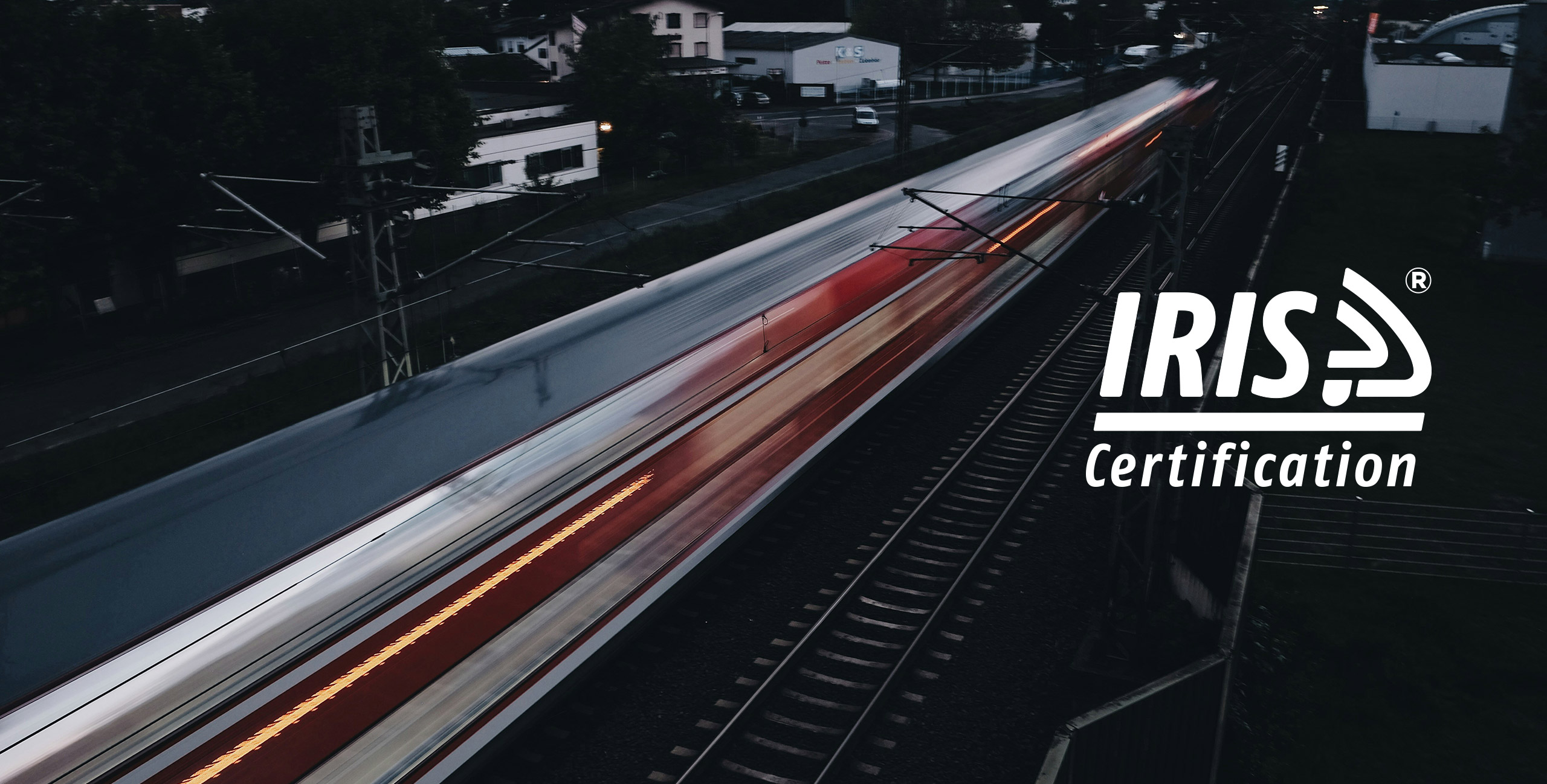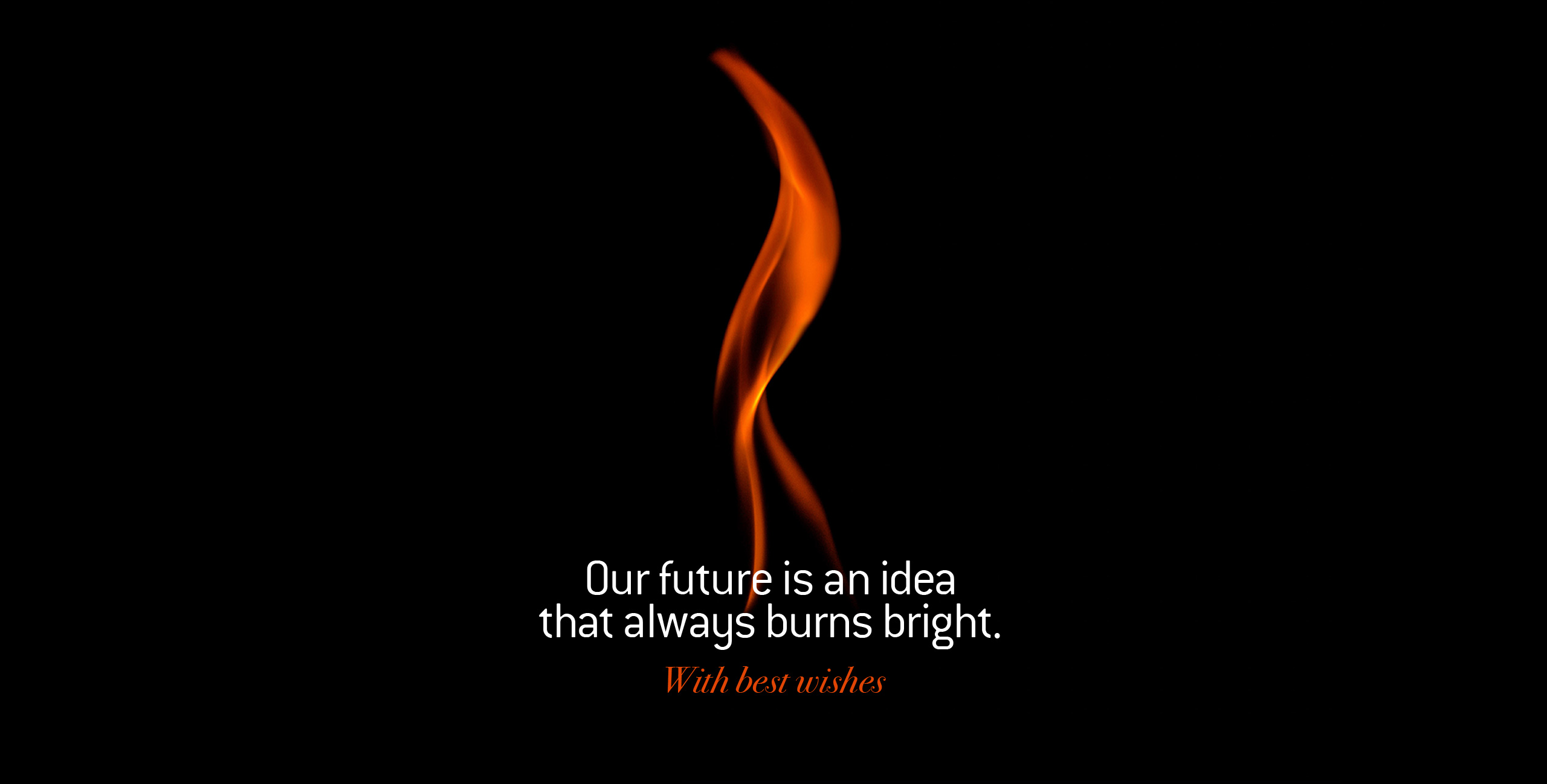Since 2016, the Tuscan company has been controlled by Frascold Spa, and which has ensured significant growth*
A. Bianchi
An important and recent case of an acquisition of a foundry by a large group is the case of Fonderie Palmieri which, for some years now, has been part of Frascold Spa, a Milan-based group and the world’s third largest manufacturer of semi-hermetic compressors, with facilities in China, India and the United States and a distribution network that stretches across 86 countries.
Initially a customer, the Frascold group has since become a partner in Fonderie Palmieri firstly through its holding company and then with direct investments.
“In Fonderia” joined the Fonderie Palmieri chairman, Giorgio Locatelli, who explained how the company changed after the acquisition.
Why did the Frascold group decide to buy Fonderie Palmieri?
Fonderie Palmieri had been an important supplier to the group for several years. In fact, in 2011, the Fraschini family, the owners of Frascold, acquired a 40% stake in the company with their real estate company, which had been sold to them by Duccio Conforti. At the beginning of 2016, Duccio Conforti decided to sell the rest of their shares and, at that point, Frascold chose to take a direct interest in Fonderie Palmieri by acquiring 55% of the shares. This meant controlling almost all the shares.
The decision was mainly made because, through the majority package, they could guarantee the supply side. For Frascold, the Fonderie Palmieri product is strategic because very few foundries are able to make cylinder bodies for compressors with the quality demanded by the group.
Without Palmieri, it would have been necessary to find a foundry in Germany, upon which we rely anyway for other supplies, with all the consequences of having to change a mechanism that has been running well. We like to say that the decision was mainly dictated by the need to guarantee the quality of the products from a consolidated supplier: if the foundry had been sold to other investors or, perhaps, to another foundry, the new owners would have been able to make different choices and, perhaps, to decide to manufacture other components, leaving us without a supplier.
How are things going?
We immediately saw opportunities in terms of future prospects. Over the years, we have grown manufacturing capacity consistently and have focused more on specialisation.
When we arrived, Palmieri as a general-purpose foundry and, even if Frascold as a client had and continues to have a modest presence (about 20% of production), we immediately supported the foundry in its process of specialisation. To achieve margins, you need to be recognised by the customer: if the customer can only find the products he or she needs from one supplier, and no one else, well, the supplier can sell its products at the right price. The results of this process are truly interesting, in fact, from the middle of 2016 to today, we have increased revenue by almost 50% and have doubled the EBITDA ratio on turnover. We have also worked on the income statement: if, before, it was difficult to cover the reduced depreciation rates, today, instead, we work with a depreciation coefficient at the maximum permitted. From a comparative study with other foundries, we seem to be at very high levels of profitability, with an EBITDA of around 14%.
Company policy is heavily orientated towards managerial profitability and our objectives for the future are ambitious.
2018 was a year of contrasts for foundries with a complicated last four-month period. Did you manage to stay on your growth path?
Yes, 2018 was nevertheless a year of growth, like the previous years, and 2019 is continuing the positive trend: in the first half of the year we grew by 19% and then we settled at an average of 15%. It is important to emphasise that growth in turnover does not come exclusively from growth in the volumes produced, but rather from a policy aimed at achieving a secure margin, which can allow the company to continue the growth and development process. If we had to make an assessment, we should be very satisfied so far.
How did you manage to embark on such a significant growth path?
These results are the fruit of ever-increasing specialisation and continuous investments in research and development: in recent years we have spent several million euros in this area. We are patenting two alloys and we are doing a lot of research, concentrating our efforts on sectors with a high rate of innovation: we are convinced that this is an excellent investment for our future. We have also taken steps to modernise our facilities, taking advantage of all the technology that we have available today: in 2017 we introduced – and we were the first in the world to do so – a fully automatic casting system that guarantees incredible safety and achieves the very highest levels of precision, also increasing the performance of each flask.
What’s more, all the areas alongside the core business (such manufacturing cores, deburring, sanding, processing, …) have been the focus of updates and development thanks to the introduction of robotics and automation, increasing productivity.
The advent of Industry 4.0 has allowed us to implement multiple monitoring and control systems aimed at ensuring control of the entire manufacturing process throughout every single phase. All this has been done with the greatest attention to environmental issues: indeed, we have installed continuous emission control systems and misting plants to reduce dust and odorous emissions.
We are also completing an important project on energy monitoring, with the ambitious project of achieving UNI 50001 certification by summer next year.
Finally, we have purchased new space to store products and equipment, allowing us to be even more autonomous and to improve the consistency of processes.
Could we, therefore, say that, today, foundries are an interesting sector for a potential investor?
It is difficult to say whether a sector, in general, can be more or less appealing, but if we restrict the field to certain foundries then the answer is a definitive yes.
Every Italian foundry knows how to work well but, it must be said, a foundry that manages to satisfy a customer who cannot find the products he or she needs anywhere else is one step ahead. That is why I believe it is strategically important to focus on specialisation, to serve sectors that, ultimately, will see growth and where, perhaps, today, the competition is less intense because they are not general- purpose. Our decision to concentrate on certain customer sectors was taken by carrying out studies to understand the growth capacity for these sectors, their needs for high quality castings and for a preand post-sales service which other foundries, at this time, are unable to provide.
* Article published in the magazine In Fonderia of March 2019
Founded in 1968, Fonderie Palmieri SpA is based in the Italian municipality of Calenzano, in the province of Florence, where it has a facility of approximately 20,000 square metres in which almost 150 people work. With a cast iron production (in 2018) of 14,000 gross tonnes per year and a turnover of approximately 22 million euro, Fonderie Palmieri manufactures cast iron pieces for various industrial sectors, including machines for moving water and fluids, for construction, for earth moving, for heavy transportation, for the railway industry and for compressors.






